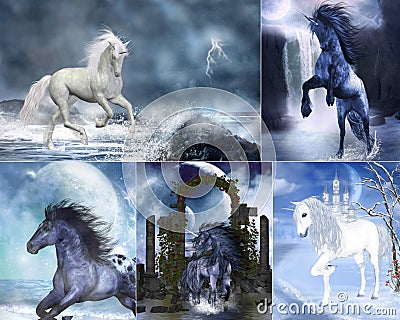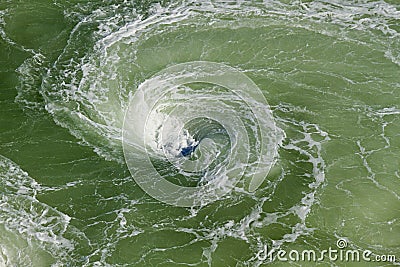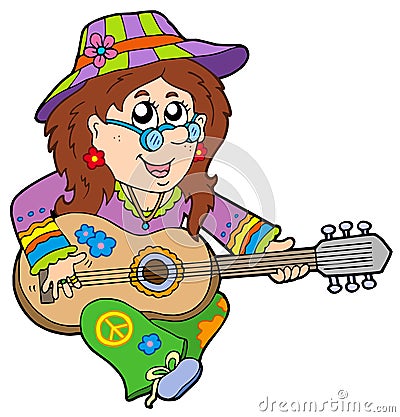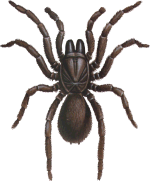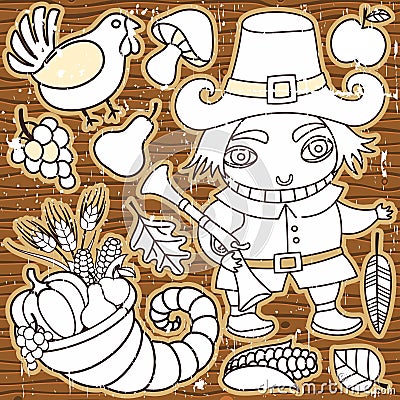
Thanksgiving Day, 2012.
Throughout this month people have openly (and sometimes ostentatiously) published their gratitude on Facebook and I am sure their motives for doing so are pure.
I'm thinking, though, about my friend, Ellie. Ellie just lost a daughter who was also my friend -- one of my best friends actually. Knowing Ellie, I'm sure there are many things for which she is still grateful. She is not one to nurse her wounds however cruelly inflicted. Even so, I wonder if she experiences the holiday bustle and ebullience all around her as something like a chasm surrounded by glitter, sequins sewn along the edges of a wound.
To lose one's child. To me, that is unimaginable grief. Leigh, or McEwan as I called her, was my very good friend and I loved her dearly. For me, her death is not quite real partly because I live so far away from where she lived and am able to grasp only in brief powerful shocks the fact that I won't see her in this world again.
Does Death sit silently in the shadows, smirking, as we gush out gratitude for our successes, comforts, safety nets? We all die, that is true -- many of us while still young, many from circumstances that could have been rectified if others had paid more attention, been more generous.
The death of a loved one hurts like nothing else does. It is an aching hollowness, and, at the same time, a heaviness that pulls down on you so hard you can scarcely breathe or stand.
 I don't pretend to know whether souls exist and, if they do, where they travel to after death. What I do believe is that each afterlife story should fit each unique soul. Thus, I imagine that Coyote, a trickster god, took custody of the soul of my friend, Sherryl. In at least one native American myth, Coyote is the one who brings death to humankind. He does it because otherwise the earth will soon be overcrowded with no room on it for newborn souls. Sherryl was always delighted by people she deemed to be "brand, spanking new souls." She loved practical jokes and was willing to take the chance of finding herself in ridiculous situations. Pretty much like Coyote.
I don't pretend to know whether souls exist and, if they do, where they travel to after death. What I do believe is that each afterlife story should fit each unique soul. Thus, I imagine that Coyote, a trickster god, took custody of the soul of my friend, Sherryl. In at least one native American myth, Coyote is the one who brings death to humankind. He does it because otherwise the earth will soon be overcrowded with no room on it for newborn souls. Sherryl was always delighted by people she deemed to be "brand, spanking new souls." She loved practical jokes and was willing to take the chance of finding herself in ridiculous situations. Pretty much like Coyote.For McEwan, though, I imagine a more elegant transition. What comes to mind is the novel, The Last Unicorn by Peter Beagle. In that story, all but one of the unicorn population had been imprisoned in the sea by an evil wizard. What I am proposing is that, after the unicorns were liberated, a few of them chose to remain as free denizens of the ocean. One of these, perhaps, was the magnificent Unicorn King, a numinous creature, white as surf all over, with eyes as blue as the bluest imaginable skies.
I believe that just before McEwan took her very last breath, she saw him, suffused with sunlight, immense and dazzling, his great head bending over her, almost reverently, perhaps touching her on the lips with his spiral horn. I believe that, seeing him, she let go, let the last bit of her life slip away, that she mounted the Unicorn King and lay her exhausted body against his back, her face buried in his foaming mane. I believe the two of them took off across the sea, across many seas, until they reached...whatever it is we reach when our time comes due.
